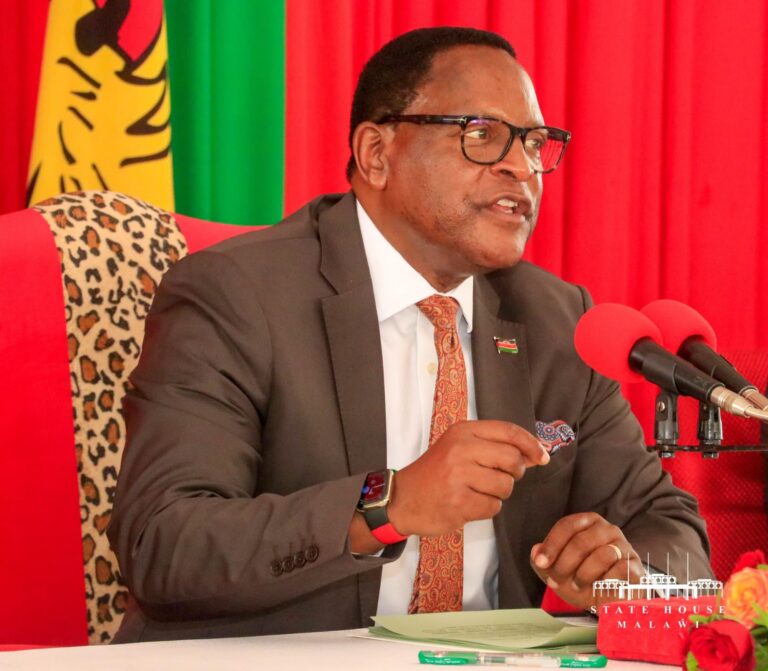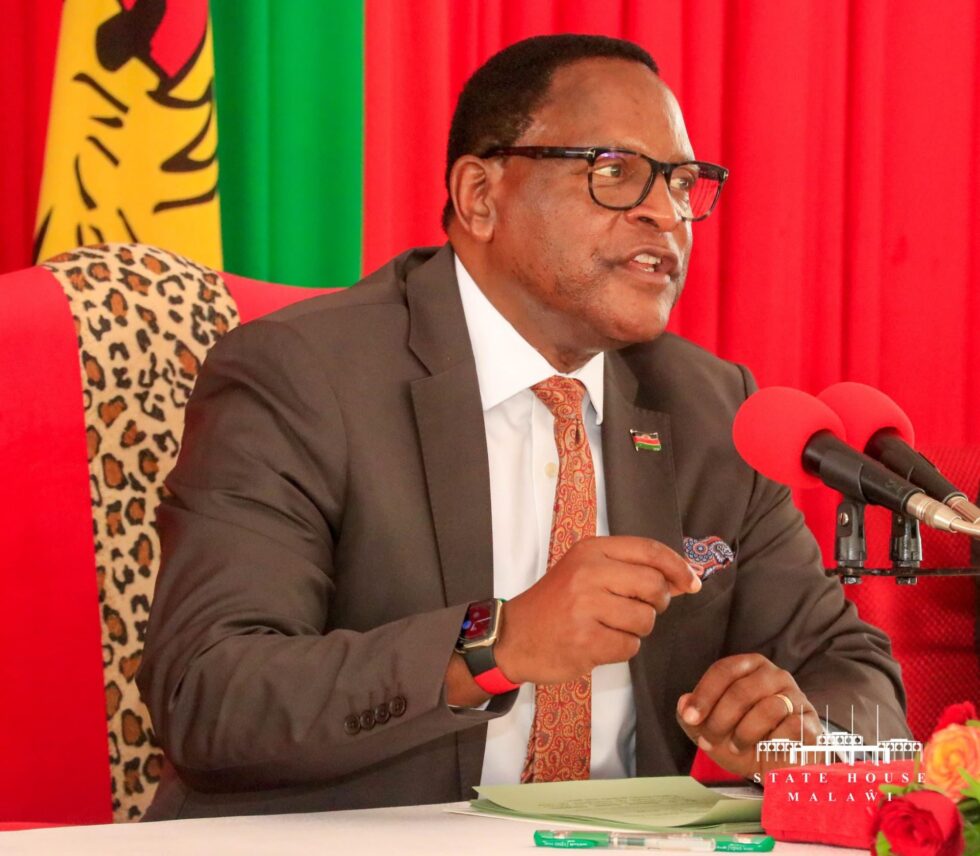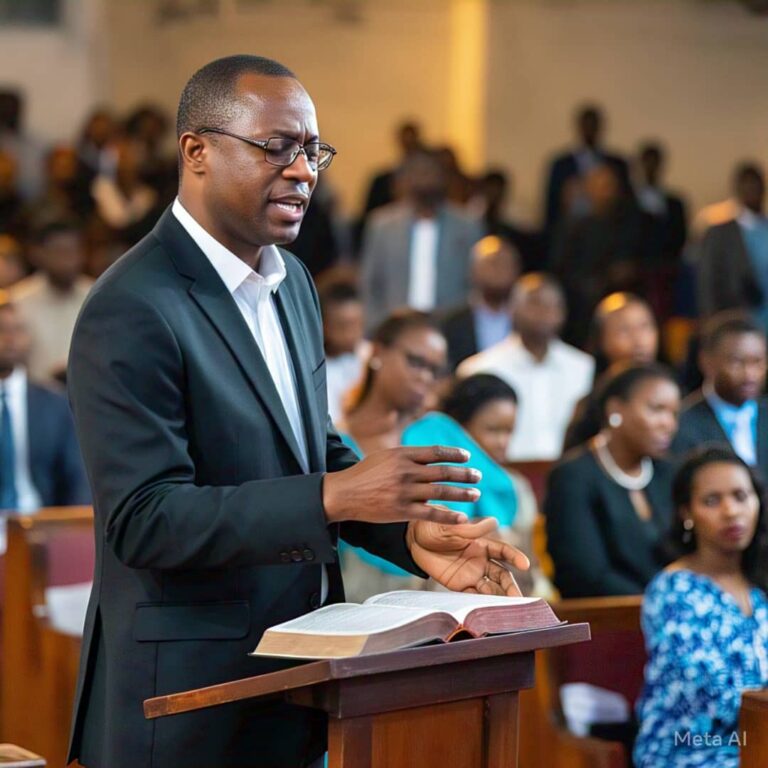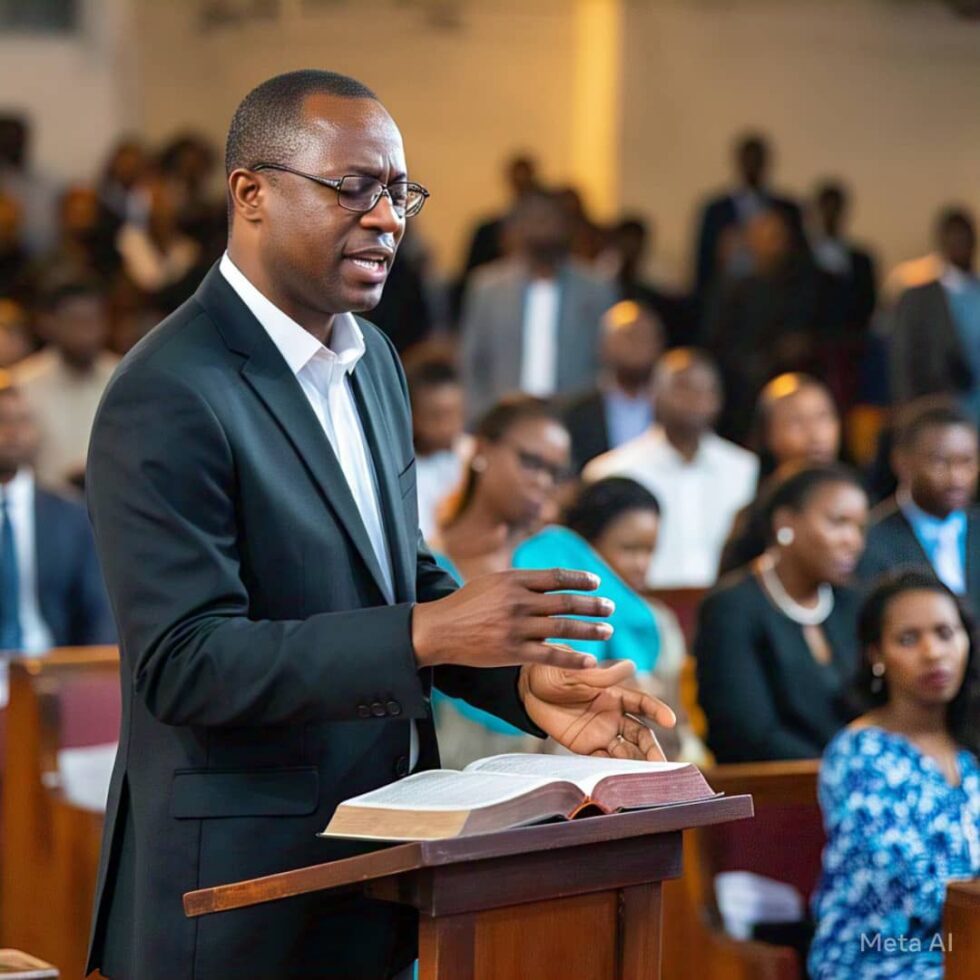By Burnett Munthali
“Awawa anakhalapo nduna zaka 10 zapitazo – mwina ena mwa inu mungawakumbukire?” This rhetorical question triggers a wave of reflection on one of Malawi’s most enigmatic and intellectually gifted public figures — none other than Honourable Ken Lipenga.
Ten years may seem like a short time in the course of a nation’s history, but in politics, it is often long enough for the public to forget even the most influential of personalities. Yet, for those who followed Malawi’s governance closely in the late 2000s and early 2010s, Ken Lipenga was a name that commanded respect — not because he shouted the loudest, but because his intellect and composed leadership spoke volumes.

Ken Lipenga, a trained academic, accomplished writer, and journalist, was not your ordinary politician. Unlike many who enter the political space seeking power for prestige or privilege, Lipenga brought into government a rare blend of literary sophistication, policy understanding, and strategic communication. Before becoming a cabinet minister, he had already carved a name as a prolific writer and journalist, contributing significantly to Malawian literature and civic dialogue.
His ministerial journey began under President Bingu wa Mutharika’s administration, where he served in various capacities, including Minister of Information, Minister of Economic Planning and Development, and most notably, Minister of Finance. It was in this latter role that his strengths — and eventual challenges — came into sharp focus.
Lipenga became Minister of Finance during one of Malawi’s most volatile economic periods. The country was grappling with acute fuel shortages, foreign exchange crises, donor withdrawal, and a general atmosphere of uncertainty. He inherited a treasury that was under scrutiny from international partners and a public growing more agitated over inflation and rising costs of living.
What many observers admired about Lipenga during this time was his ability to remain calm, articulate, and measured in his communication. He explained complex economic reforms with a clarity that few politicians could match. His speeches in Parliament, often laced with historical and literary references, brought a touch of intellectualism that many appreciated.
However, his tenure was not without controversy. During the infamous “Cashgate” era, although Lipenga himself was never formally charged, his ministry was indirectly linked to the broader systemic issues of accountability and poor financial oversight. Critics questioned whether he should have done more to detect and prevent the abuses, while supporters argued that he was a victim of political circumstances and bureaucratic sabotage.
Despite the political turbulence, Lipenga maintained a dignified silence even after leaving office — a trait that further distinguishes him from many of his peers. He did not attempt to reinvent himself as a political pundit, nor did he launch attacks on successors or predecessors. Instead, he returned quietly to his intellectual pursuits, perhaps seeking solace in the world of words where integrity is judged differently.
For those who remember him, Lipenga represented a rare breed: a scholar in politics, a thinker in a landscape often driven by slogans, and a man who valued discourse over drama. His legacy may not be celebrated on the billboards of history, but it lingers in the minds of those who value substance over noise.
In the context of today’s politics — often characterized by populism, confrontations, and shifting loyalties — Ken Lipenga’s style of leadership feels almost out of place. Yet, it is precisely this contrast that makes his contribution worth revisiting. Malawi needs more leaders who think deeply, speak thoughtfully, and act with a sense of long-term national purpose.
Ten years after his time as a cabinet minister, Ken Lipenga may not be on the front pages of our newspapers, but his mark remains — subtle, dignified, and quietly powerful.
Perhaps, in a future Malawi that values wisdom over theatrics, such men will be remembered not merely as former ministers, but as true servants of the Republic.






